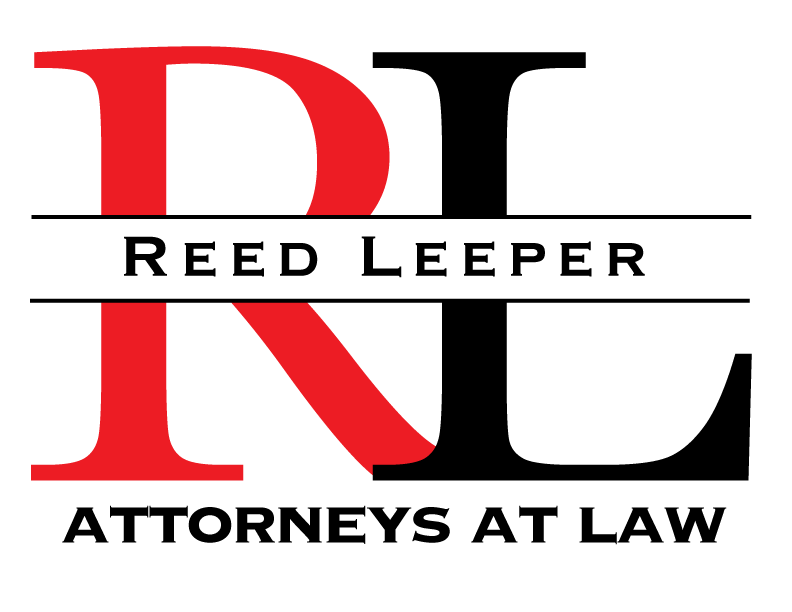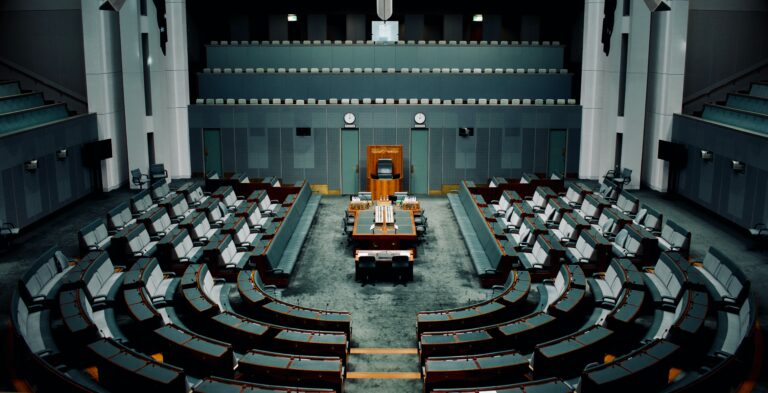The Difference Between Escrow & Escrow Accounts
First-time home buyers are often confronted with many confusing and unfamiliar terms, most of which are essential for any future homeowner to understand. This is especially true of those that refer to purchasing and financing.
“Escrow” is one key term with which home-owners-to-be should become familiar. Many new buyers get confused about the difference between escrow and escrow accounts. These are connected, but the distinction is important.
Escrow
Escrow is the third-party service provided for people who intend to purchase a property before the process is complete. After a prospective buyer and seller reach an initial purchase agreement, the seller will typically bring in an escrow agent. The escrow agent is an impartial third-party to whom a buyer will pay a percentage of the overall cost of the home (also known as earnest money). Once the escrow agent receives the earnest money, the property in question is in escrow, which means it is no longer on the market.
Escrow fees are typically 1-2 percent of the total cost of the home and are lumped in with your other closing costs. With a skilled real estate attorney on your side, you may be able to convince the seller to absorb the escrow fees and avoid paying these at all.
Escrow Accounts
An escrow account is where your mortgage lender will deposit the portion of your monthly mortgage payments that goes toward annual insurance payments and taxes. This is designed to protect you from getting in trouble with the government or your homeowner insurance provider in the event that you fall behind on your mortgage payments. Taxes and homeowner’s insurance payments are due annually, but putting a portion of your total yearly payment into an escrow account each month helps ensure your annual payments to the government or your insurance provider aren’t delayed or missed.
Escrow accounts also serve to protect your mortgage lender, who will have greater difficulty getting back the money they loaned you if you fall behind and are foreclosed upon.
What to Do in the Event of an Escrow Dispute
There are a number of ways an escrow dispute may arise. Misunderstandings and disorganization in regards to timelines and deadlines for payment often produce conflict, especially when real estate agents managing the sale have varying expectations in regards the strictness of deadlines. The buyer and seller may also have conflicting demands in regards to deposits and final payments. Sometimes escrow disputes and disagreements regarding real estate contracts can get dicey, creating a need for mediation and negotiation among experienced legal professionals who understand real estate laws.




